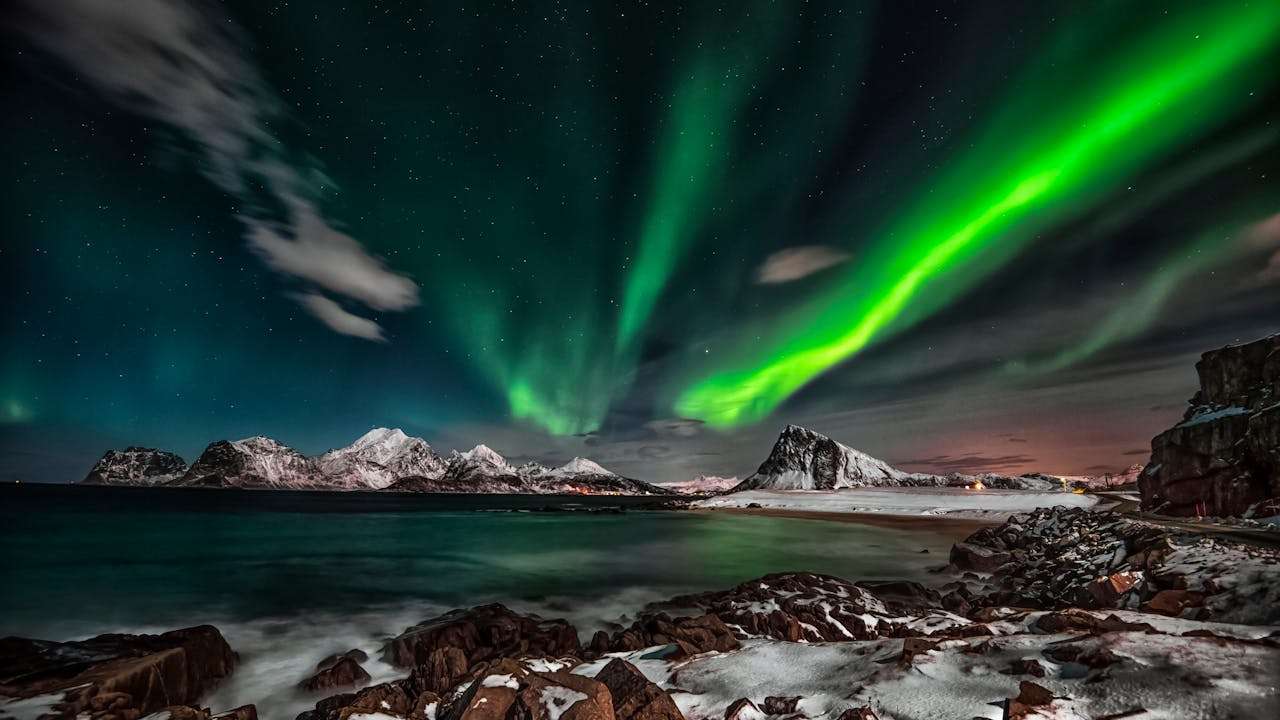The Arctic, with its vast expanses of ice and snow, rugged landscapes, and extreme conditions, has long captivated the imagination of explorers seeking to unlock its secrets. From the early quests for the Northwest Passage to modern scientific expeditions, Arctic exploration embodies the spirit of adventure, discovery, and resilience in the face of adversity. This long-form piece delves into the thrilling world of Arctic exploration, tracing its history, showcasing remarkable expeditions, examining the challenges faced by explorers, and contemplating the future of polar discovery.
Pioneers of Arctic Exploration
The history of Arctic exploration is rich with tales of daring adventurers who braved the icy wilderness in search of new routes, resources, and scientific knowledge. Explorers like William Barents, John Franklin, and Roald Amundsen ventured into the unknown, facing treacherous sea ice, harsh climates, and isolation. Their expeditions laid the groundwork for future exploration and contributed to our understanding of the Arctic’s geography, geology, and indigenous cultures.
The Quest for the Northwest Passage
For centuries, explorers sought a navigable route through the Arctic Ocean, linking the Atlantic and Pacific Oceans. The Northwest Passage promised a shortcut to the riches of Asia and the Pacific Rim, but its icy waters proved formidable. Expeditions led by Henry Hudson, Sir John Franklin, and Sir John Ross ended in disaster, with ships trapped in ice, crews succumbing to scurvy and starvation, and mysteries shrouding their fates. It wasn’t until the 20th century that the Northwest Passage became a reality, with explorers like Roald Amundsen and Sir Wilfrid Laurier navigating its icy waters.
Race to the North Pole
The quest to reach the North Pole captured the imagination of explorers and nations alike, sparking a race to claim this elusive geographic prize. Expeditions led by Robert Peary, Frederick Cook, and Richard E. Byrd vied for the honor of being the first to stand at the “top of the world.” Peary’s claim to have reached the North Pole in 1909 remains disputed, with controversy surrounding his methods and evidence. Regardless of the outcome, these expeditions pushed the boundaries of human endurance and exploration in the harshest of environments.
Scientific Exploration and Research
In addition to seeking fame and glory, Arctic explorers have contributed invaluable scientific knowledge about the region’s climate, wildlife, and ecosystems. Modern expeditions, supported by governments, research institutions, and international collaborations, conduct studies on sea ice dynamics, permafrost thaw, and polar bear populations. Research stations like the Norwegian Polar Institute’s Fram Centre and Canada’s Polar Continental Shelf Program serve as hubs for scientific inquiry and environmental monitoring in the Arctic.
Challenges and Perils of Arctic Exploration
Arctic exploration is not for the faint of heart, as explorers face a myriad of challenges and perils in the frozen wilderness. Extreme cold, blizzards, and polar bears pose constant threats to safety and survival, while shifting sea ice and unpredictable weather can strand expeditions for weeks or months. Frostbite, hypothermia, and isolation are ever-present risks, requiring meticulous planning, training, and resilience to overcome.
Indigenous Knowledge and Perspectives
Indigenous peoples have inhabited the Arctic for millennia, adapting to its harsh climate and unique environment through traditional knowledge and cultural practices. Inuit, Yupik, and Saami communities possess a deep understanding of the land, ice, and wildlife, providing invaluable insights to researchers and explorers. Collaborative partnerships between indigenous communities and scientists foster mutual respect, cultural exchange, and sustainable management of Arctic resources.
The Future of Arctic Exploration
As the Arctic region undergoes rapid environmental change due to climate warming, the future of Arctic exploration is fraught with uncertainty and opportunity. Melting sea ice, retreating glaciers, and thawing permafrost are reshaping the Arctic landscape, opening new possibilities for shipping, resource extraction, and tourism. However, these developments also pose significant challenges to indigenous communities, wildlife habitats, and fragile ecosystems. The Arctic Council, an intergovernmental forum for Arctic cooperation, plays a crucial role in addressing these complex issues and promoting sustainable development in the region.
Arctic exploration continues to inspire awe and fascination, drawing adventurers, scientists, and dreamers to its icy shores. From the quest for the Northwest Passage to the race to the North Pole, explorers have pushed the boundaries of human achievement in pursuit of discovery and knowledge. As we confront the challenges of a changing Arctic, let us honor the legacy of those who came before us and work together to preserve this unique and fragile wilderness for future generations.

